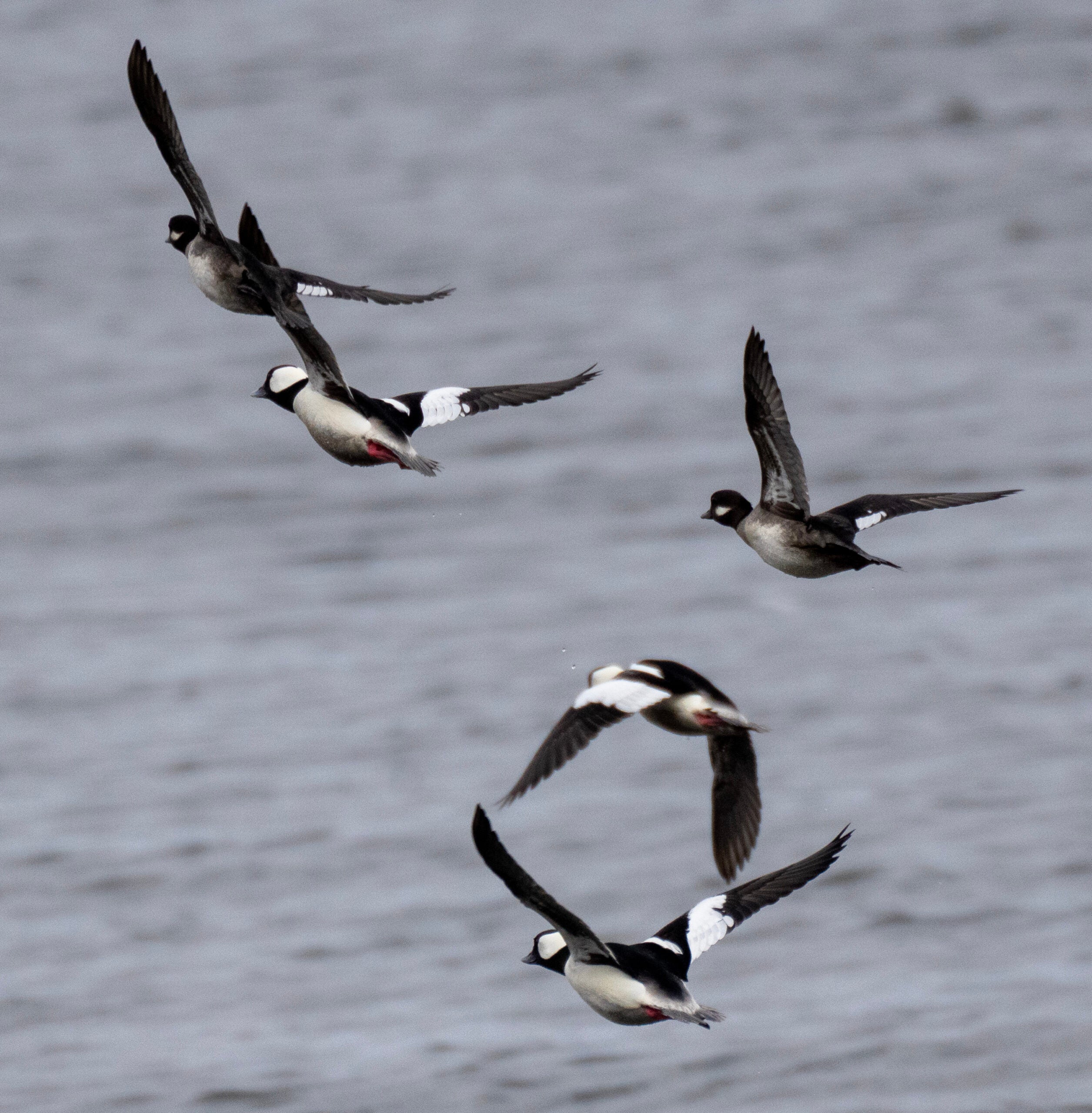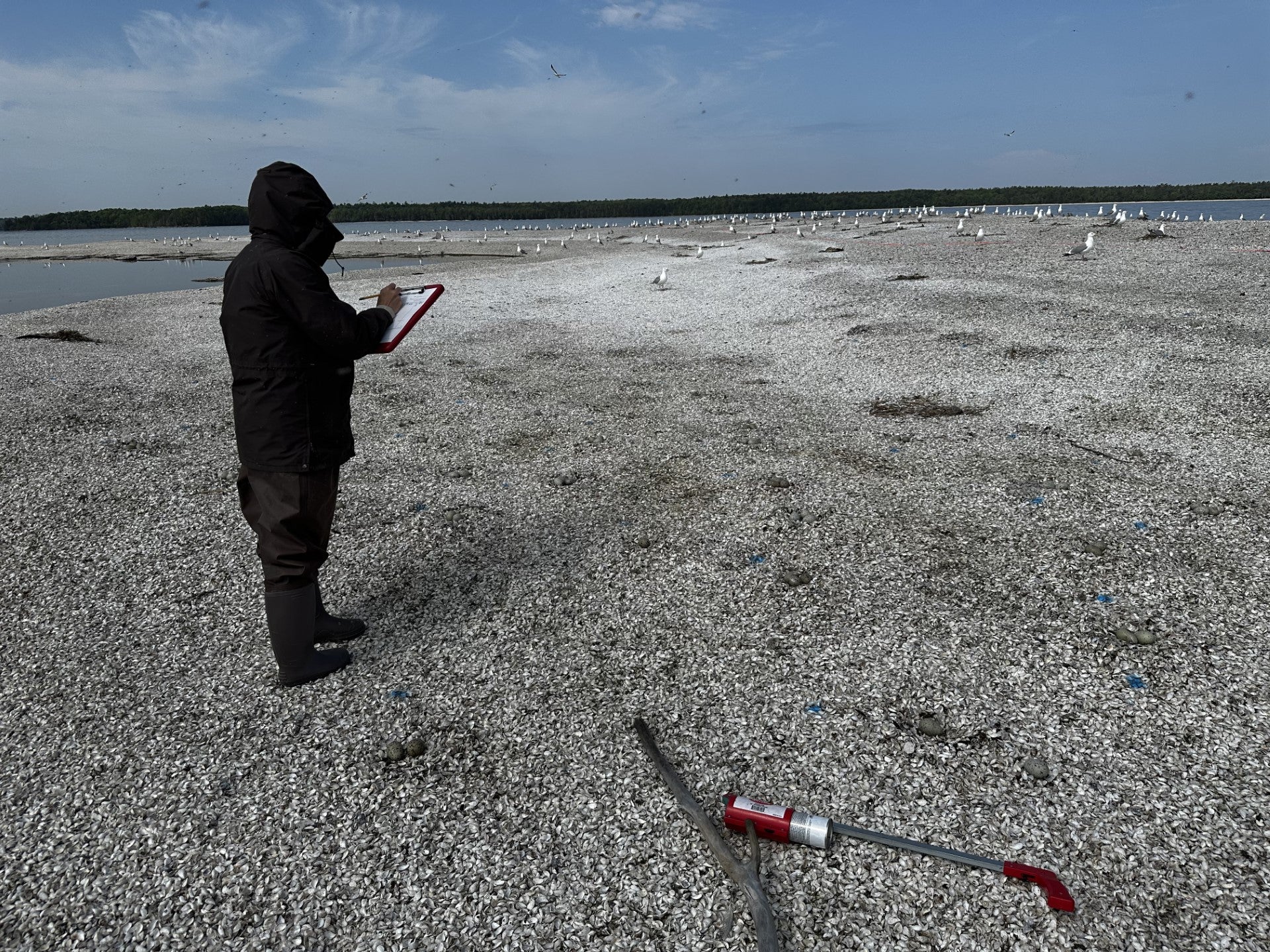We look at the controversy surrounding Facebook and a London-based political firm over the alleged misuse of millions of users’ personal data. Plus, A new report from the Center for Disease Control found that one in four Wisconsinites binge drink at least once a month, but usually more. We find out more about binge drinking in our state and around the nation. On this first day of spring we find out more about what kind of birds are migrating back to our state.
Featured in this Show
-
Breaking Down The Facebook-Cambridge Analytica Story
According to a whistleblower, the personal data of 50 million Facebook users were harvested and used by a political firm linked to the Trump campaign. We discuss how it happened, what it means and how users can protect themselves.
-
New Study Outlines Wisconsin's Binge Drinking Problem
A new study from the Centers for Disease Control and Prevention shows that one in four Wisconsinites considers themselves a binge drinker – the highest rate in the nation. We discuss who’s drinking and why as well as what can be done about it.
-
A Guide To Wisconsin Springtime Bird Migration
With the fresh spring air comes the return of many Wisconsin birds who have made their way south for the winter — some even traveling upwards of 600 miles during their migration.
The spring migration season varies by bird and region in Wisconsin, but generally begins at the end of January and continues to accelerate through the next few months, reaching its peak around the middle of May, according to Tom Schultz, wildlife artist and former president of the Wisconsin Society for Ornithology.
“Some of the tropical countries probably have a lead on us,” he said. “But we stand up pretty well here in the northern Midwest.”
He offers a guide to the birds who have already made their way back to Wisconsin.
Sandhill Crane

Rodney Campbell (CC BY)Many sandhill cranes have been reported since the middle of February, Schultz said.
The very large, long-necked and broad-winged bird was hard to come by until the last 30 to 40 years when they’ve really bounced back, he said.
“Right now they can pretty much be found statewide … the central wetlands are best, all the way up to the northwestern part of state,” he said. “They’ve been a true success story of recovery.”
Robins
Photo courtesy of Schlitz Audubon Nature CenterThe quintessential early birds have already migrated back north, especially in the southern part of the state, Schultz said.
“Some robins spend the entire winter feeding on berry crops in the southern part of the state,” he said. “But for the most part, they start heading back north in early March.”
Bluebirds

Kelly Colgan Azar (CC BY-ND)Bluebirds have become much more abundant in the last 20 years, in large part because people have been putting out nest boxes specifically for them, Schultz said.
They are related to robins, though smaller and much more colorful.
“Bluebirds are nice to have around and not particularly shy,” he said.
American White Pelican

Ingrid Taylar (CC BY)The American White Pelican is another bird that has seen a strong comeback over the last 20 years, Schultz said. One of the largest North American birds, it can be found in about every corner of the state.
“When they come through in the springtime during the migration period, sometimes you can see flocks of hundreds of them,” he said.
To find bird watching groups in your area, visit wsobirds.org for a list of local clubs to connect with.
-
Springtime Means Migratory Birds Make Their Return
As we think about shedding our winter coats, migratory birds are thinking about making their way back to Wisconsin. And some are already here! Whether you’re interested in birding for the first time or have been birding for decades, you might learn something new. Our guest will talk about some of his own birding experiences, provide need-to-know information about seeing the most birds this spring and answer listener calls.
Episode Credits
- Rob Ferrett Host
- Bill Martens Producer
- Natalie Guyette Producer
- Judith Siers-Poisson Producer
- Steve Noll Guest
- Julia Sherman Guest
- Tom Schultz Guest
Wisconsin Public Radio, © Copyright 2025, Board of Regents of the University of Wisconsin System and Wisconsin Educational Communications Board.


